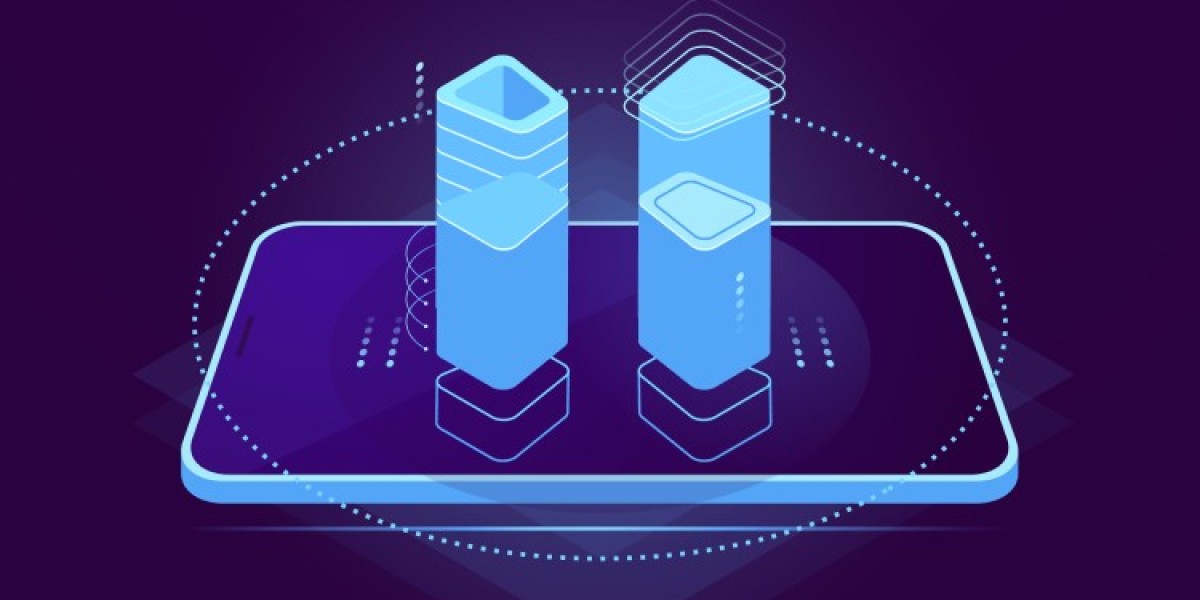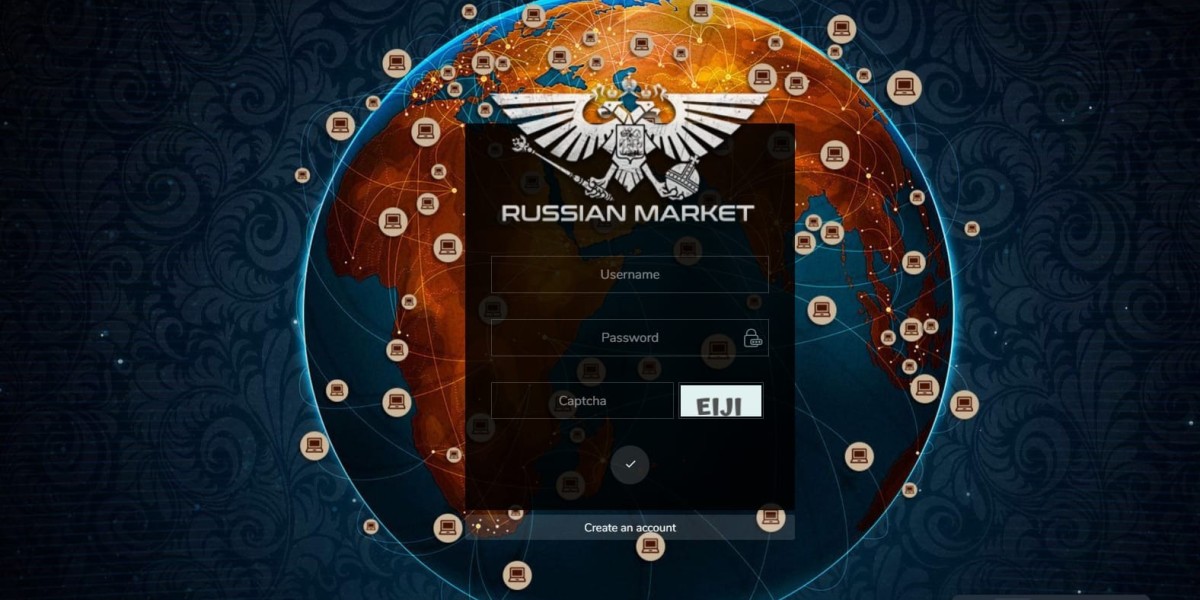Blockchain technology is revolutionizing mobile app security by providing a robust framework that enhances data integrity and user trust. In the realm of blockchain application development, this technology offers a decentralized and immutable ledger that not only secures transactions but also protects sensitive user data from unauthorized access and cyber threats. As mobile applications become increasingly integral to our daily lives, ensuring their security is paramount, and blockchain stands out as a powerful solution.
The Importance of Mobile App Security
With the rise of mobile applications, security vulnerabilities have become a significant concern. Cybercriminals are constantly devising new methods to exploit weaknesses in mobile apps, leading to data breaches and loss of user trust. Traditional security measures, such as antivirus software, are often insufficient to combat sophisticated attacks. Blockchain technology addresses these challenges by providing a decentralized system where data is encrypted and stored across multiple nodes, making it nearly impossible for hackers to alter or manipulate.
Book an Appointment with our team to explore how blockchain can elevate your mobile app security and drive innovation in your business.
How Blockchain Enhances Security
Decentralization: Unlike traditional databases, which are controlled by a central authority, blockchain operates on a distributed network. This decentralization ensures that no single point of failure exists, significantly reducing the risk of data breaches.
Immutability: Once data is recorded on the blockchain, it cannot be changed or deleted. This immutability ensures that all transactions are permanent and verifiable, enhancing trust among users.
Transparency: Blockchain transactions are visible to all participants in the network, providing a transparent record of all activities. This transparency helps to build trust and accountability, as users can verify transactions independently.
Smart Contracts: These self-executing contracts with the terms of the agreement directly written into code can automate processes and reduce the need for intermediaries, further enhancing security by minimizing human error.
Enhanced Authentication: Blockchain allows for more secure user authentication methods, such as biometric data or multi-factor authentication, which can significantly reduce the risk of unauthorized access.
Use Cases of Blockchain in Mobile App Security
Blockchain technology can be applied in various areas to enhance mobile app security:
Identity Verification: Blockchain can store and verify user identities securely, reducing the risk of identity theft.
Secure Transactions: Financial apps can leverage blockchain to ensure secure and instantaneous transactions without the need for intermediaries.
Supply Chain Management: Apps that track products can use blockchain to provide real-time data on the status and location of goods, ensuring authenticity and preventing fraud.
Healthcare Applications: Patient data can be securely stored on the blockchain, ensuring privacy and compliance with regulations like HIPAA.
Challenges in Implementing Blockchain for Mobile Apps
While the benefits of blockchain are significant, integrating this technology into mobile applications presents challenges:
Complexity: Developing blockchain-based applications requires specialized knowledge and skills, which may not be readily available in the current workforce.
Scalability: As the number of transactions increases, maintaining speed and efficiency can be a challenge for blockchain networks.
Regulatory Issues: The legal landscape surrounding blockchain technology is still evolving, and developers must navigate these regulations carefully.
Steps to Integrate Blockchain into Mobile Apps
Identify the Need: Determine if blockchain is the right solution for your app. Assess the need for security, transparency, and trust in your application.
Choose the Right Platform: Select an appropriate blockchain platform that aligns with your app's requirements. Popular options include Ethereum, Hyperledger, and Multichain.
Design the Architecture: Plan the architecture of your app, considering how blockchain will integrate with existing systems and user interfaces.
Develop and Test: Build the application, ensuring rigorous testing to identify and resolve any security vulnerabilities before launch.
Launch and Monitor: After deployment, continuously monitor the app for any security threats and update the blockchain protocols as necessary.
Conclusion
The future of mobile app security lies in the adoption of blockchain technology. As organizations increasingly recognize the importance of safeguarding user data, blockchain offers a compelling solution that enhances security, transparency, and trust. By embracing blockchain, businesses can not only protect their applications but also create a competitive edge in a crowded marketplace.
If you're considering integrating blockchain into your mobile app development project, it’s essential to partner with a knowledgeable blockchain development company that can guide you through the process and ensure your app is secure and efficient.









